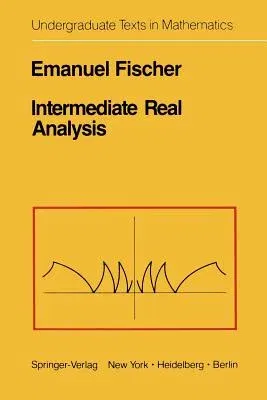E Fischer
(Author)Intermediate Real Analysis (Softcover Reprint of the Original 1st 1983)Paperback - Softcover Reprint of the Original 1st 1983, 9 January 2012

Qty
1
Turbo
Ships in 2 - 3 days
In Stock
Free Delivery
Cash on Delivery
15 Days
Free Returns
Secure Checkout
Part of Series
Undergraduate Texts in Mathematics
Print Length
770 pages
Language
English
Publisher
Springer
Date Published
9 Jan 2012
ISBN-10
146139483X
ISBN-13
9781461394839
Description
Product Details
Author:
Book Edition:
Softcover Reprint of the Original 1st 1983
Book Format:
Paperback
Country of Origin:
NL
Date Published:
9 January 2012
Dimensions:
23.39 x
15.6 x
3.99 cm
ISBN-10:
146139483X
ISBN-13:
9781461394839
Language:
English
Location:
New York, NY
Pages:
770
Publisher:
Weight:
1084.08 gm

